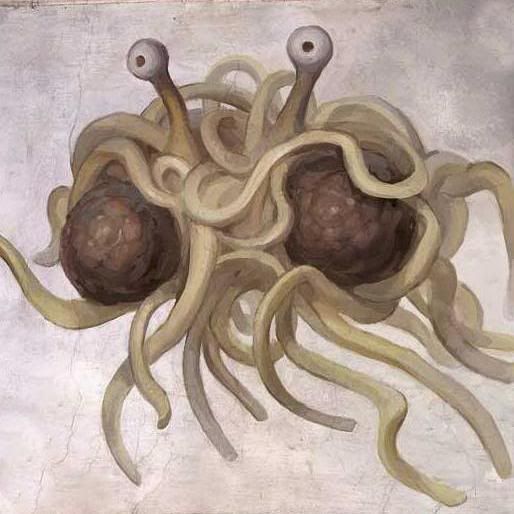Segunda entrega de un cerebro para dominarlos a todos
http://www.ncbi.nlm.nih.gov/pubmed/19058796
God's categories: the effect of religiosity on children's teleological and essentialist beliefs about categories.
Source
Department of Psychology and Gonda Brain Research Center, Bar-Ilan University, Ramat-Gan, Israel. dieseng@mail.biu.ac.il
Abstract
Creationism implies that God imbued each category with a unique nature and purpose. These
implications closely correspond to what some cognitive psychologists define as an essentialistic and
teleological stance towards categories. This study assessed to what extent the belief in God as creator
of categories is related to the mappings of these stances to categories in different domains. Israeli
secular and orthodox Jewish 1st and 5th graders responded to questions assessing these three types
of beliefs. The results revealed that secular children did not differ from orthodox children with
respect to their essentialist beliefs about the stability of animal category membership, and their
teleological construal of artifacts. In turn, secular children did differ from orthodox children with
respect to their essentialist beliefs about the stability of social category membership, and their
teleological construal of both animal and social categories. These findings intimate that while
essentialist beliefs about animals, and teleological beliefs about artifacts do not require cultural input
in order to emerge, essentialist beliefs about social categories, and teleological beliefs about both
animal and social categories do.
implications closely correspond to what some cognitive psychologists define as an essentialistic and
teleological stance towards categories. This study assessed to what extent the belief in God as creator
of categories is related to the mappings of these stances to categories in different domains. Israeli
secular and orthodox Jewish 1st and 5th graders responded to questions assessing these three types
of beliefs. The results revealed that secular children did not differ from orthodox children with
respect to their essentialist beliefs about the stability of animal category membership, and their
teleological construal of artifacts. In turn, secular children did differ from orthodox children with
respect to their essentialist beliefs about the stability of social category membership, and their
teleological construal of both animal and social categories. These findings intimate that while
essentialist beliefs about animals, and teleological beliefs about artifacts do not require cultural input
in order to emerge, essentialist beliefs about social categories, and teleological beliefs about both
animal and social categories do.




No hay comentarios:
Publicar un comentario